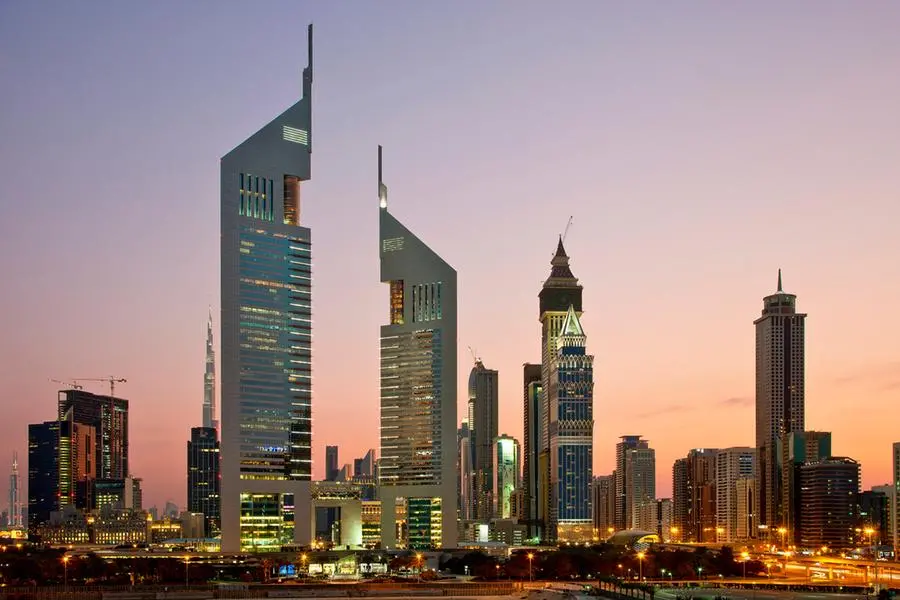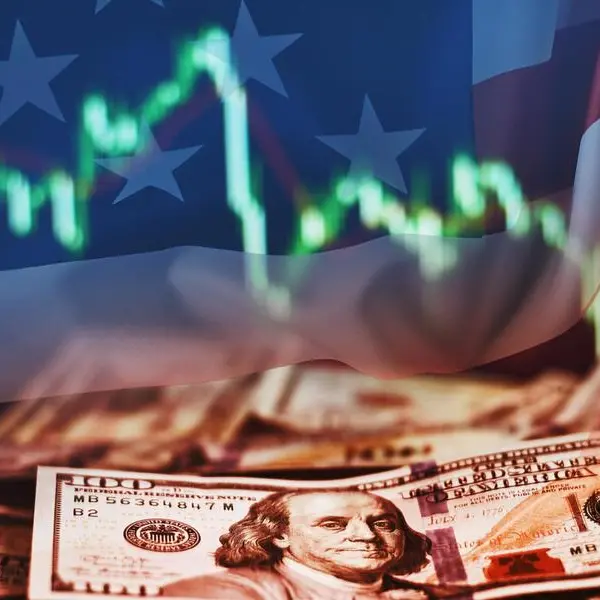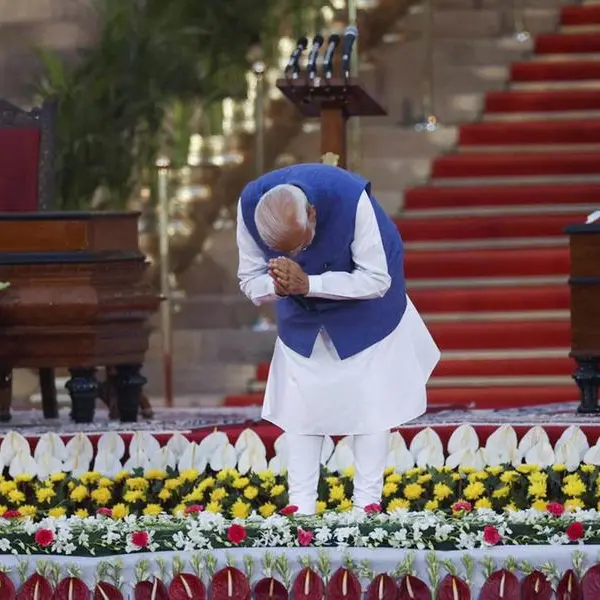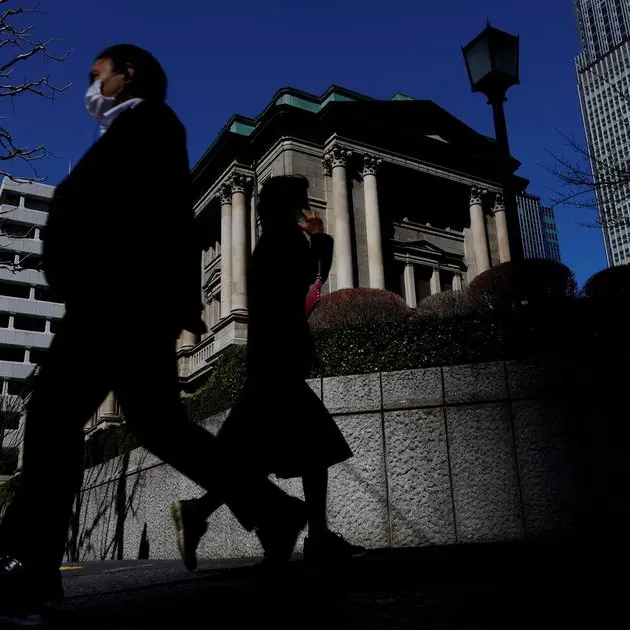PHOTO
The theory of comparative advantage in international trade is one of the cornerstones of international trade literature, and an eye-opening introduction that can help in understanding economic relations between countries. Formulated by the renowned economist David Ricardo in the nineteenth century, this theory demonstrates how countries and states can benefit from trade by focusing on the production of goods in which they exhibit a relatively higher level of comparative advantage, allowing them to produce these goods at a lower opportunity cost than any of the alternative commodities that could be produced.
Some argue that the trade relations that have developed between England and Portugal were primarily driven by comparative advantage and market force alone. However, economic diplomacy has indeed played a pivotal role in this particular case. The Methuen Treaty of 1703, for instance, reduced custom duties between the two countries, significantly contributing to the boom in trade. This accomplishment would not have been possible without diplomatic efforts aimed at strengthening trade relations.
Over a long period of time, diplomacy and economics have represented two separate fields in government work. However, in light of major global economic transformations, economic activity has become central to diplomacy. Sheikh Mohammed bin Rashid Al Maktoum, Vice-President and Prime Minister of the UAE and Ruler of Dubai, mentioned in his book My Vision: Challenges in the Race of Excellence: "Economy is a main nerve of life in our times, as it was in the past and will be in the future... It represents livelihood, knowledge, stability, prosperity, politics and the essence of relations and interests among nations".
Today, the role of the UAE in the global economy is highlighted by its approach in trade, investment, and innovation. In accordance with the first of the country's 10 economic principles, a free economy, open to the entire world, welcoming international and regional economic and trade without constraints, is of paramount importance for building a strong economy. This principle encourages building economic bridges across the world and forging broad business partnerships, thus enhancing the UAE’s status as a vital economic centre of the world.
Economic diplomacy is key to the UAE's strategy to enhance its global stance. But before delving into the pillars of economic diplomacy, it is necessary to provide a clear definition of it. Economic diplomacy can be defined as "the use of government resources to promote the expansion of the state's economy through activities such as improving trade, expanding market access, attracting investment, and participating in cooperative efforts to negotiate bilateral and multilateral trade agreements".
At Anwar Gargash Diplomatic Academy, we identified six main pillars of economic diplomacy:
Pillar I: Diplomats and the Ministry of Foreign Affairs — They play a key role in establishing economic relations with other countries, and diplomatic representation also serves as a platform for economic diplomacy. Through this, the UAE possesses a broad global presence with a large number of embassies and consulates actively support the UAE’s economic objectives of attracting investments and opening new markets.
Pillar II: Investment Support Entities — The UAE boasts numerous federal and local government entities dedicated to solidifying the country's position as an attractive destination for investment. These entities actively work to attract more investments and enable the growth of businesses, including the Ministry of Economy and various local government bodies.
Pillar III: Bilateral and Multilateral Trade Agreements — In its pursuit of promoting economic integration and expanding trade networks, the UAE's strategy relies on trade partnerships and free trade agreements. The country has entered several significant economic agreements and treaties.
Pillar IV: The UAE’s development aid to foreign countries — The UAE is committed to providing development aid to the extent that it has become one of the leading donor states. The country has numerous donor contributors, including the Abu Dhabi Fund for Development and the Emirates Red Crescent, among other organisations. These entities prioritise the humanitarian aspects of meeting people's needs, improving overall quality of life, and alleviating poverty in less privileged communities.
Pillar V: Sovereign Wealth Funds and External Investments — Economic diplomacy encompasses the capacity to invest abroad through sovereign wealth funds (SWFs) and Emirati companies. The UAE has several major sovereign wealth funds, such as Abu Dhabi Investment Authority (ADIA), Mubadala and Emirates Investment Authority (EIA). These investments facilitate active participation in global economic activities.
Pillar VI: Membership in international organisations and hosting international events — The UAE is a member of many international organisations, including the World Trade Organization, the Opec Group, the Brics Group, and other international entities, as it’s an active host of various global events such as Expo 2020, COP 28, and the 13th WTO Ministerial Conference in February 2023.
Having shed light on these pillars, it should be noted that Economic Diplomacy has played a substantial role in expanding economic relations, facilitating trade and investment relations for the UAE, connecting it with various countries worldwide. This, in turn, supports the country's economic growth strategies and enhances its world-class status.
(The authors Dr Mohammed Ibrahim Al Dhaheri is Deputy Director-General of the Anwar Gargash Diplomatic Academy, and Dr Ahmed Rashad is Assistant Professor at the Anwar Gargash Diplomatic Academy).
Copyright © 2022 Khaleej Times. All Rights Reserved. Provided by SyndiGate Media Inc. (Syndigate.info).





















